North Korea Congress: Kim Jong-un and the Workers Party
- Published
North Korea has said its ruling Workers Party will hold its first congress in nearly 40 years next month. North Korea leadership expert Michael Madden looks at what such a rare gathering might actually do.
If it hasn't been held for almost 40 years, why hold it now?
This is when Kim Jong-un will finally formalise his own succession and set out his agenda. The build-up is part of the mystique and it is here that he will try to balance all the competing interests within the party, army and the state.
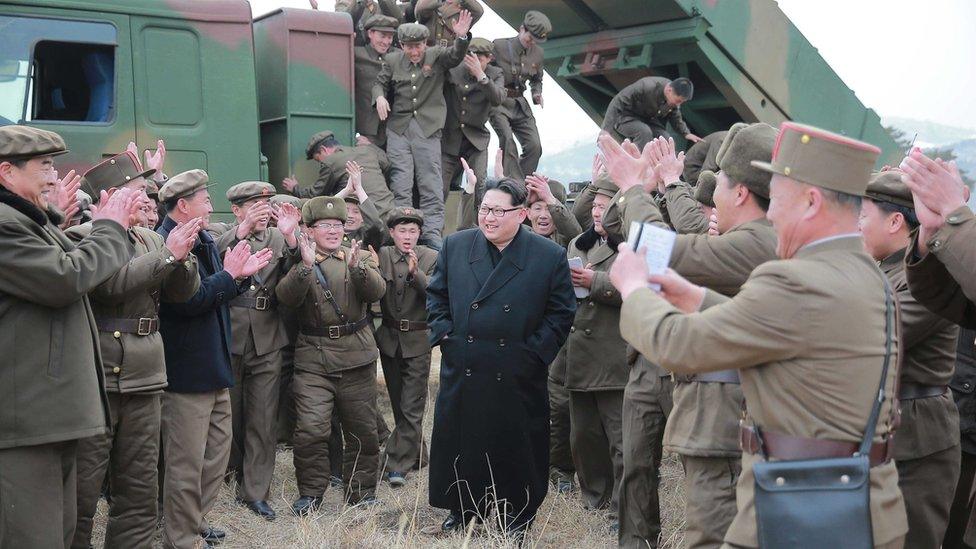
The announcement of a congress comes as Kim Jong-un is believed to be planning a fifth nuclear test
The congress is also a public opportunity for him to reward loyalists; those who helped his father and those who helped him in his transition. He will also appoint some people his own age into lower-tier positions, a kind of regime-in-waiting.
What took them so long?
The last one, the 1980 congress, was five years overdue. According to the Party Charter, a party congress is "the supreme organ of the party" and should be convened every five years.
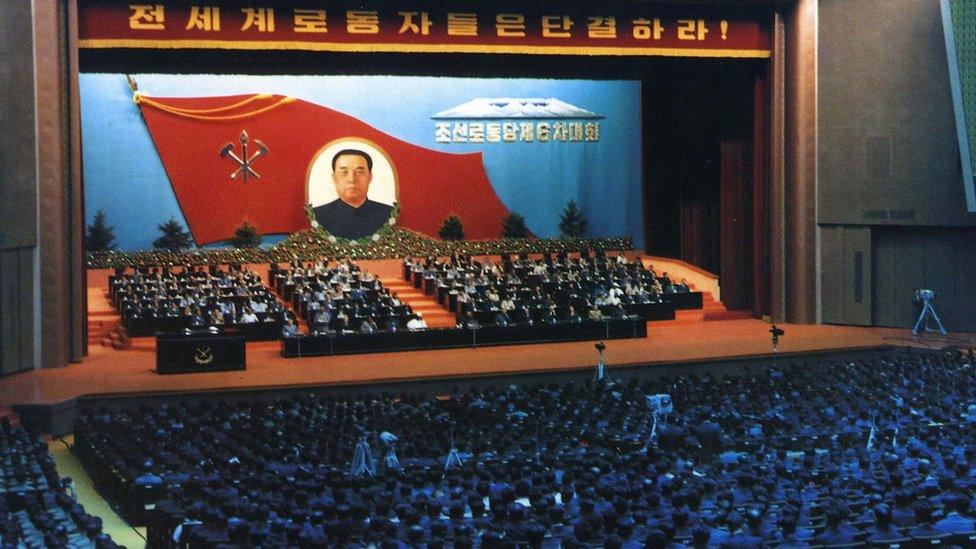
The last Workers' Party congress was held in 1980
But in lieu of a full congress, the party can convene a party conference. The Workers' Party of Korea didn't do this until 2010, 30 years later. At that meeting they took out the five-year requirement. It is hard to say exactly what has taken so long, but in this time the Communist world would radically change. There are now far fewer international delegations who might be able to make it. The economic plans that used to be announced at such events, were no longer relevant either.
What is it for?
The congress will determine the role of and elect members of the party's leading institutions. It is also there to amend the Party Charter.
The Party Charter sets out how the party is organised, how the party bodies relate to North Korea's government, military, society, economy and culture. It is also an ideological document with a preamble that gives a broad definition of the Workers' Party of Korea's views on a number of different domestic and international issues. These will inform North Korean policies until the next congress.
What's on the programme?
It will begin with a report summarising the history of the Workers Party and Kim's contribution in building it. It will hear reports about the party's Central Committee. It will make changes to how the party is organised. And then there will be more reports on ideology, policy, and strategic planning.
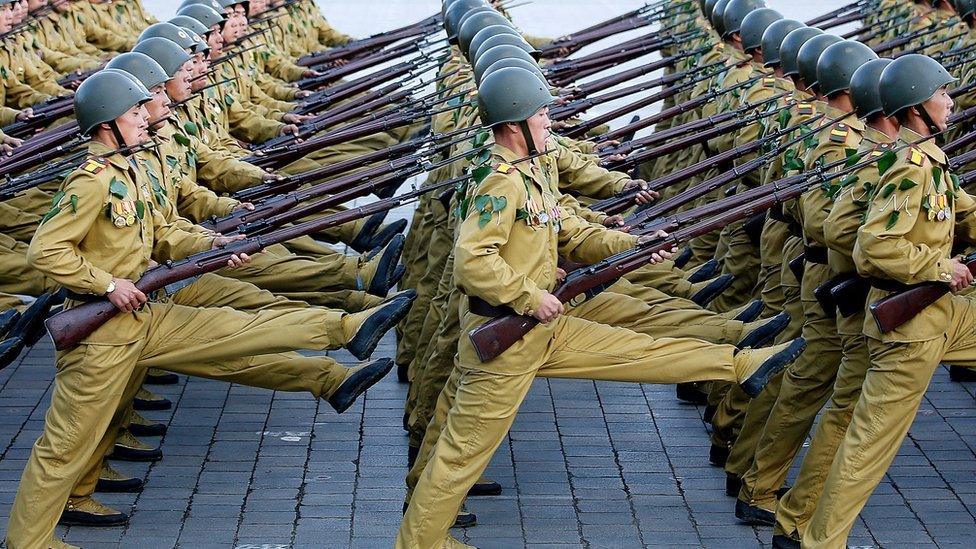
The congress will be closely watched for signs of major policy shifts
At some point Kim Jong-un will be elected to the party's highest post and there will be speeches celebrating his election. The Congress will then elect members of the party's most powerful organisation, the Central Committee.
Then the sideline meetings begin and Central Committee will elect members of the party's other powerful institutions, such as the Central Military Commission.
What happened in 1980?
The last Party Congress was held in October 1980. It served as the first event at which Kim Jong-il was publicly identified as the successor to his father, North Korean founder Kim Il-sung.
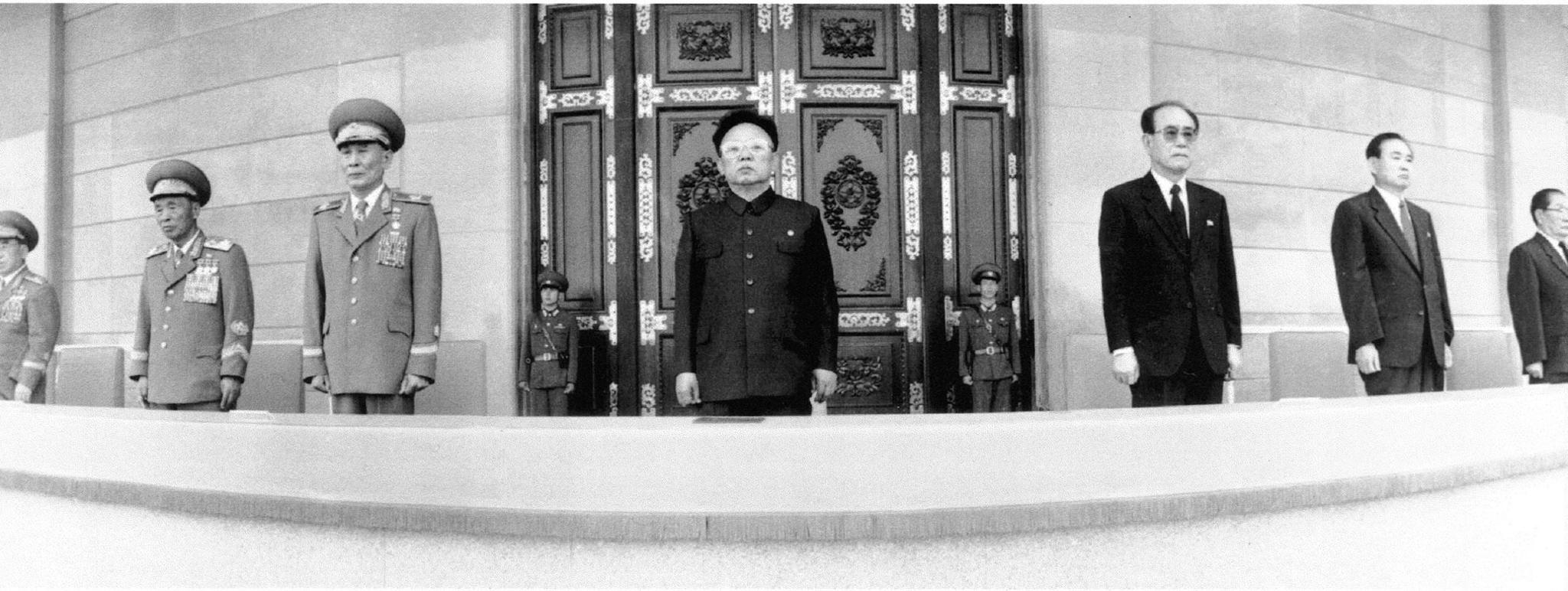
During the last Party Congress in 1980, Kim Jong-un's father Kim Jong-il was the anointed successor to his father, Kim-Il-sung
Essentially, it formalised Kim Family rule through hereditary succession, ushered in changes to North Korea's political institutions and brought in a new generation of officials, some of whom remain in power to this day.
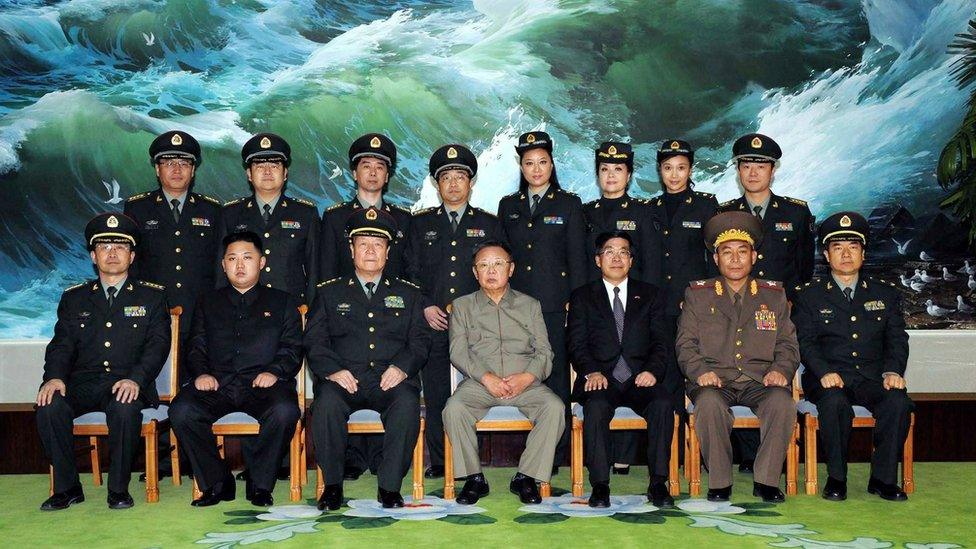
North Korea has always seen hereditary succession, including from Kim Jong-Il (centr,e front row) to the young Kim Jong-un (second left, front row)
Who will be there?
Attending the party congress will be delegates and observers elected at meetings of lower level party meetings held in provinces, cities and other communities.
In these party "cells", all members are equal despite their position in the hierarchy (of course this doesn't apply to Kim Jong-un or his family).
In the past, it was possible for a senior government officials to be members of a party cell alongside blue-collar party members, who could then severely criticise these government officials.
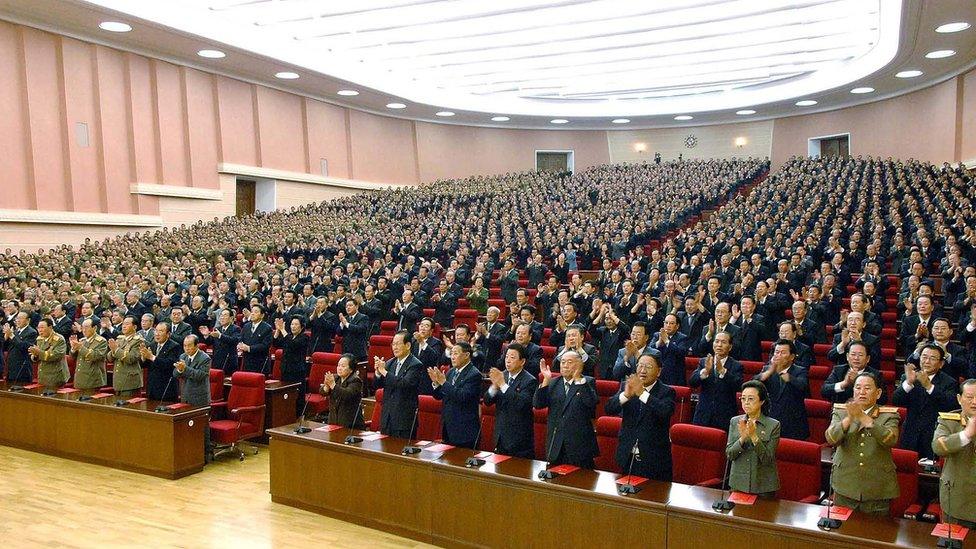
During the party conference of 2010, Kim Jong-un was made a four-star general by his father
This structure was introduced in the 1960s and they are gatherings of anywhere from five to 30 party members based on where they live in the country. Through them the party conducts political education, indoctrination, conducts surveillance on party and non-party members. It also mobilises party members for public events and civic projects from sweeping streets to construction projects.
Will there be real policy changes?
Those looking for a bold policy change are likely to be disappointed, but the party congress will probably to provide the framework through which a bold change can occur.
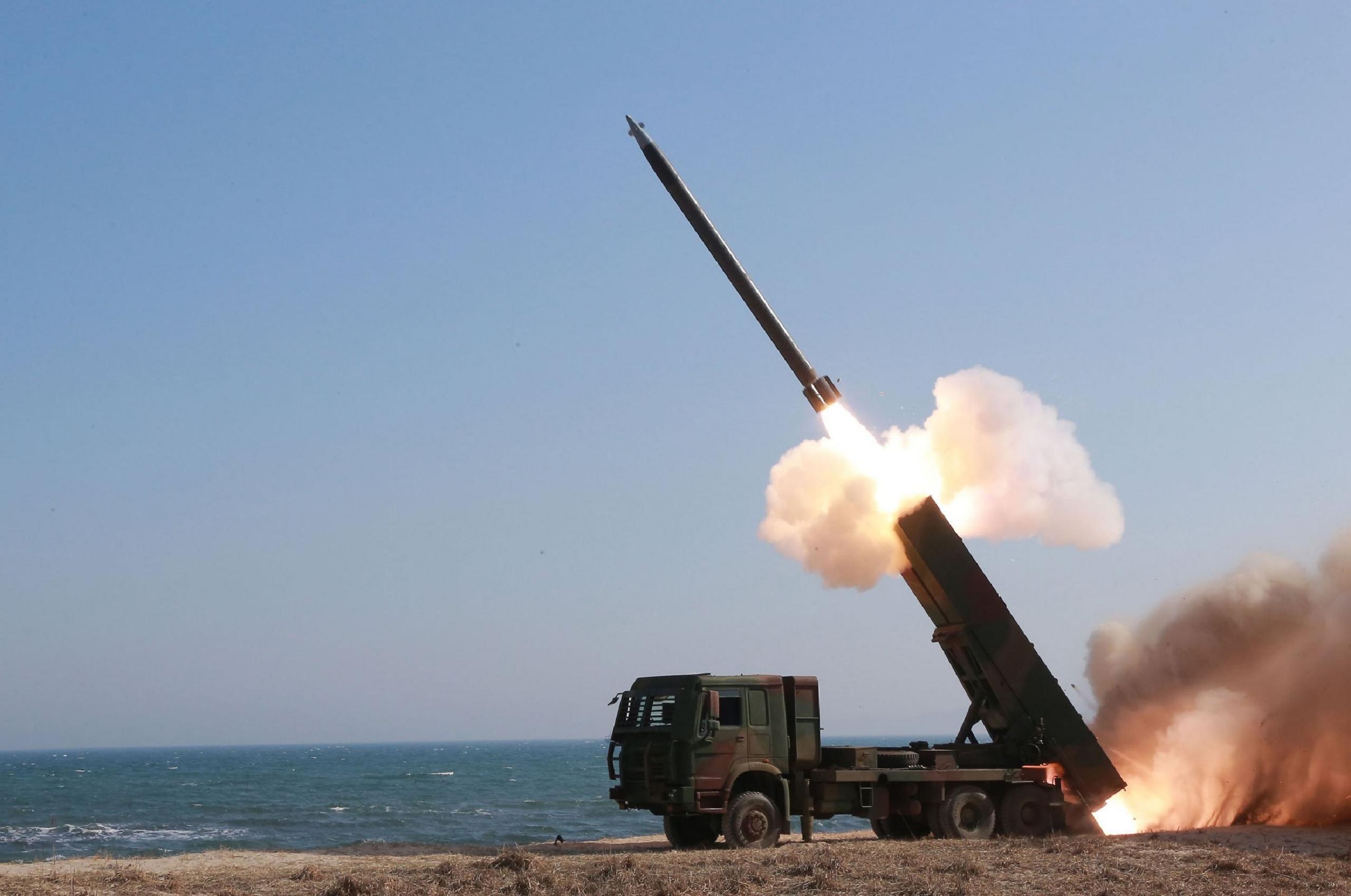
North Korea's nuclear weapons programme is likely to be discussed at the Party congress next month
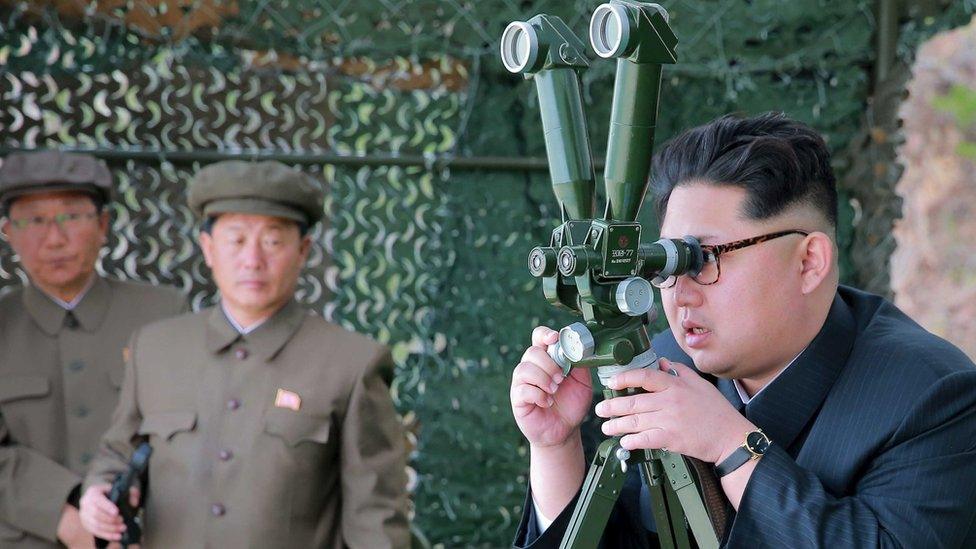
Kim Jong-un keeps a close eye on submarine ballistic missile tests
We are likely to see something about North Korea continuing the development of its space program, education policy continuing the production and testing of nuclear weapons and very subtle indications about modifying its domestic economic policies.
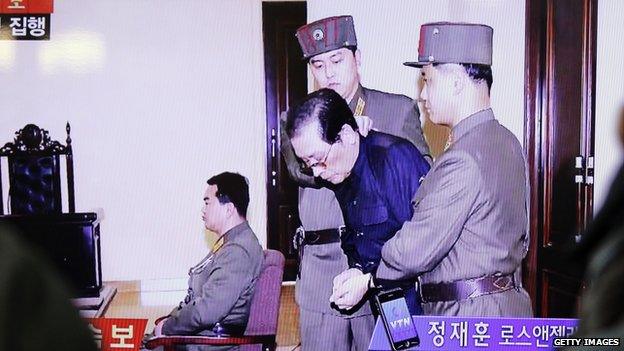
The last few years has seen a purge of people Kim Jong-un did not trust, including his uncle, Chang Song-thaek, who was executed for treason
But this meeting is also likely to stop the flotsam and jetsam of the personnel shuffles we've seen during the last six years, with dismissed and disappeared officials and executions, both rumoured and real. In short, we will know more about those at the top of the renegade state.
- Published27 April 2016
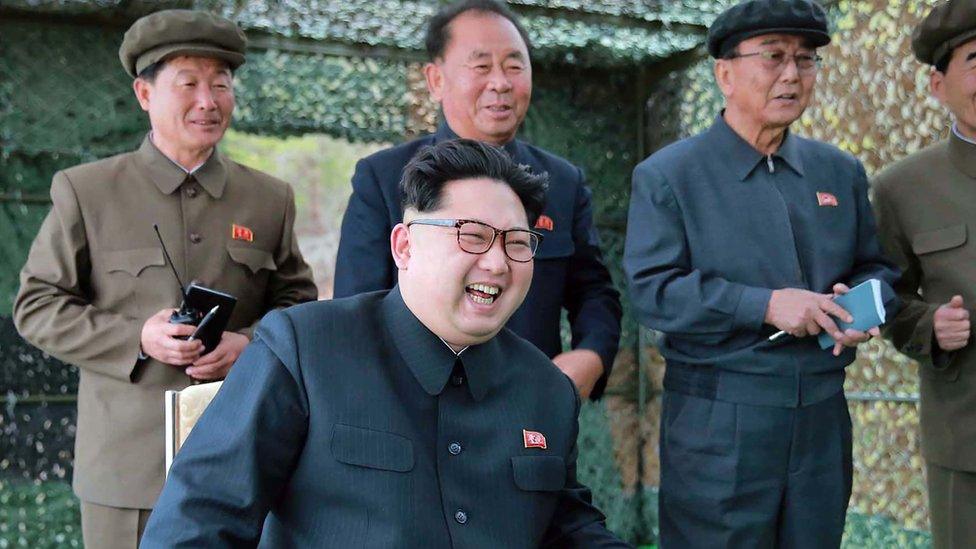
- Published19 July 2023
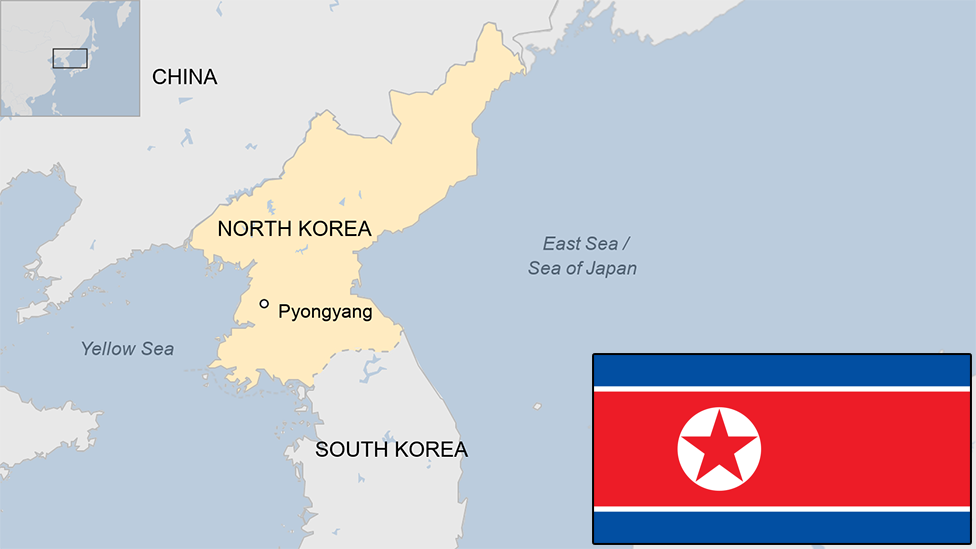
- Published10 August 2017
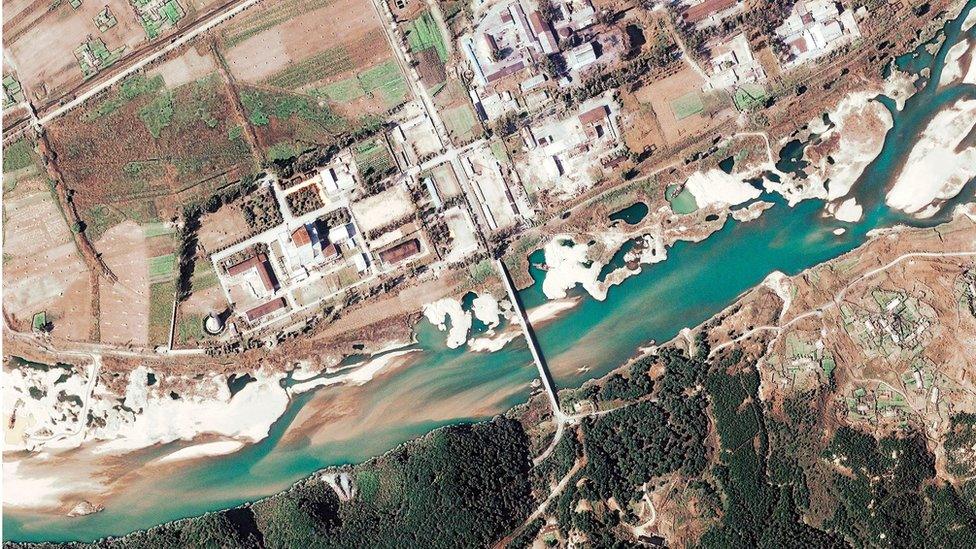
- Published11 September 2023
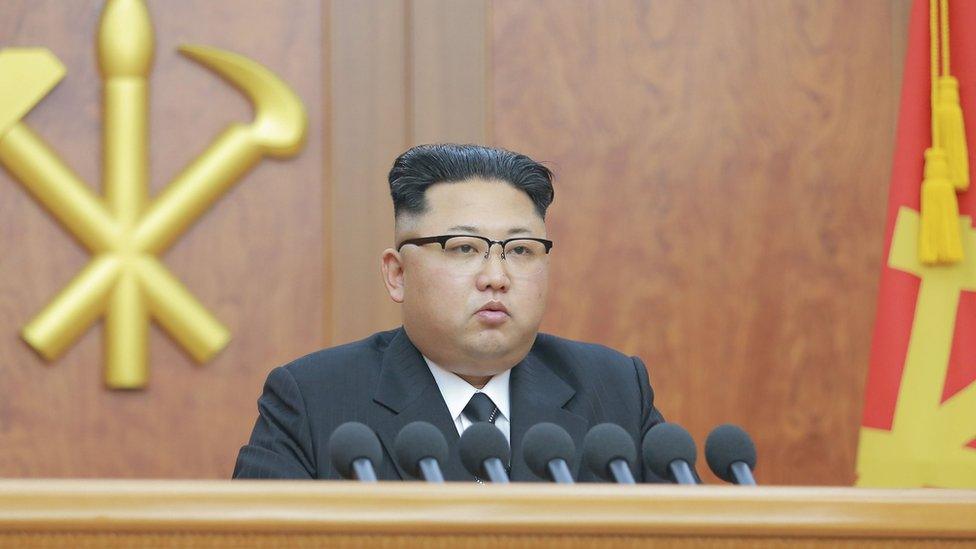
- Published8 January 2016
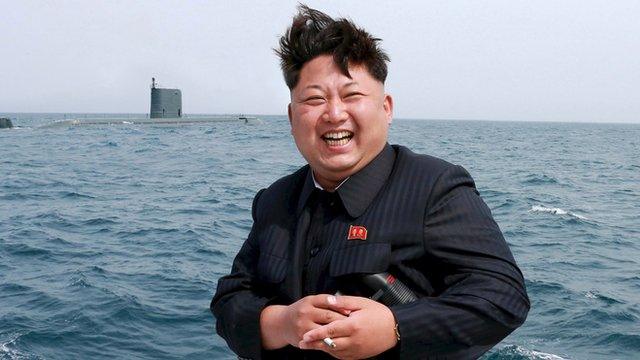
- Published26 June 2010